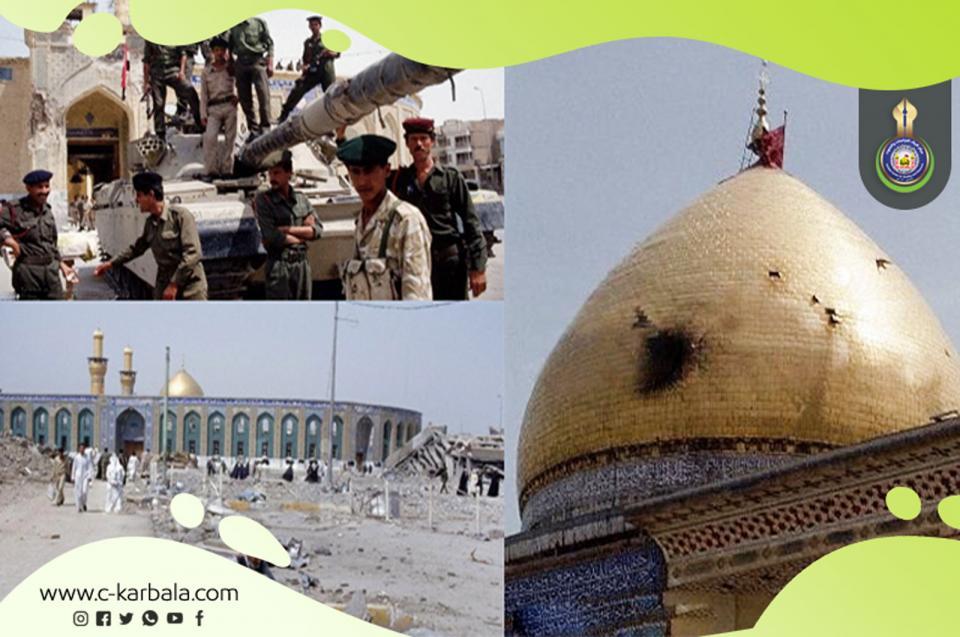Copyright June 1992 by Human Rights Watch
All rights reserved.
Printed in the United States of America.
Library of Congress Card Catalog Number: 92-72351
ISBN 1-56432-069-3
SUMMARY
Saddam Hussein's record of brutally suppressing even mild dissent is well-known. When the March 1991 uprising confronted his regime with the most serious internal challenge it had ever faced, government forces responded with atrocities on a predictably massive scale. The human rights repercussions continue to be felt throughout the country.
In their attempts to retake cities, and after consolidating control, loyalist forces killed thousands of unarmed civilians by firing indiscriminately into residential areas; executing young people on the streets, in homes and in hospitals; rounding up suspects, especially young men, during house-to-house searches, and arresting them without charge or shooting them en masse; and using helicopters to attack unarmed civilians as they fled the cities.
One year later, the fate of thousands of Kurds and Shi'a who were seized during the suppression of the uprising remains unknown. While many are believed to be in detention, the government has provided little information about their location and legal status.
The rebels also committed gross abuses during the uprising, summarily executing suspected members of the security forces, including many who were in custody. Middle East Watch also condemns these abuses, though we note that they were not so systematic and sustained as those committed by the government.
Over 100,000 Kurds and Shi'a who fled cities where the conflicts were particularly fierce remain displaced inside Iraq, and another 70,000 civilians are in refugee camps in Saudi Arabia, Turkey and Iran. Despite the harsh life they lead in these camps or as displaced persons in rebel-held northern Iraq or in the southern marshes, they have not gone home because they are afraid or because their homes have been destroyed.

